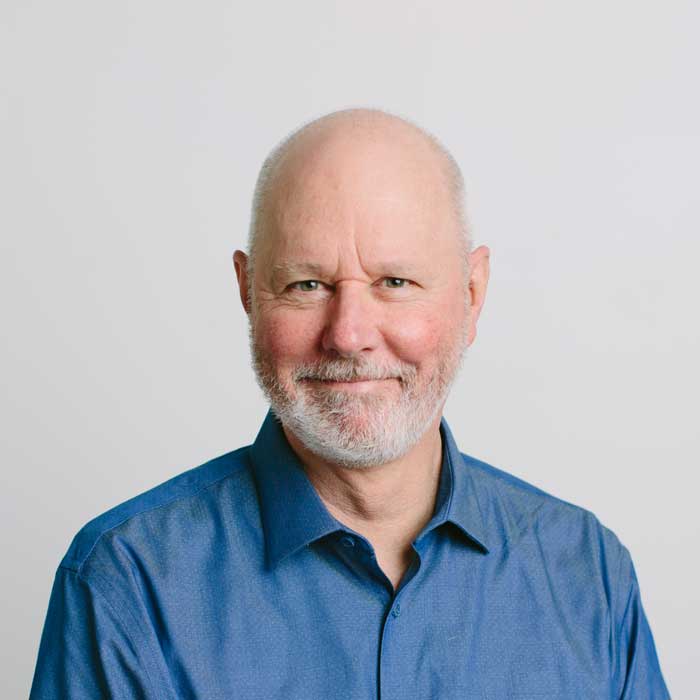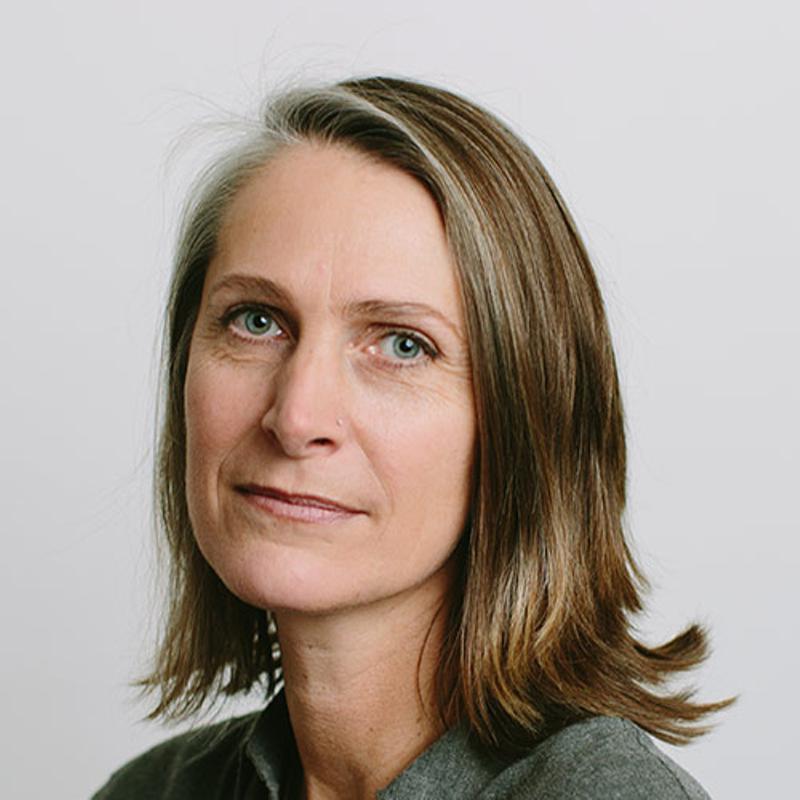When Sheila Churchill allowed the Backcountry Safe website to lapse, she believed she was closing a chapter.
Churchill started the group after her husband, Doug Churchill, was killed by an avalanche in 2016. The couple had been on a guided backcountry ski trip with friends near Golden, B.C. As Sheila struggled to get answers in the wake of the tragedy, she and others from the group pushed for changes to how guides interact with clients after backcountry incidents.
She believed those changes were underway.
In December 2022, the Association of Canadian Mountain Guides approved a new policy that included a framework for debriefing with clients after a critical incident. Churchill believed the move, along with the implementation of an incident reporting system, would lead to improved safety and greater accountability from the mountain guiding industry.
“I was really encouraged that steps were going in the right direction,” Churchill said. “You can’t learn from an incident unless you have accurate and complete information from everybody who was there.”
But she was surprised to learn recently that the guides association is backing off its plans to implement the policy.
In a recent issue of the Arête, the ACMG’s industry publication, outgoing president Sylvia Forest said pressure from insurance companies and fears about liability had forced the association to rethink the policy.
“The ACMG’s liability insurers and their lawyers felt it would undermine their ability to defend the ACMG in the event of a lawsuit,” Forest wrote, adding that the policy is currently undergoing a rewrite.
The policy was based on a 2021 Post-Critical Incident Management Plan, developed with input from Churchill and other survivors of critical incidents, which has been removed from the ACMG’s website.
Also affected is the ACMG’s incident reporting and learning system, or IRLS. Implemented in 2018, it allowed guides to anonymously report less serious incidents so that others could learn from them. Suspending the system was an “unintended consequence” of lawyers and insurers taking a closer look at ACMG policies, Forest wrote.
The ACMG declined The Tyee’s interview request, saying they would wait until policy revisions are complete before commenting on them. There is currently no timeline for completion, ACMG executive director Kevin Dumba wrote in an email.
The Tyee also reached out to Kaerus Group, a Calgary-based insurance broker listed as an ACMG partner. The company did not respond by deadline.
The news is disappointing for Churchill and others who have pushed for greater accountability and transparency from the guiding industry.
“What I needed first and foremost was information,” Churchill said about the emotional trauma she experienced following her husband’s death. “I needed to know exactly what happened, because I knew nothing.”
But she said that ACMG legal counsel advised its members to not discuss the fatal avalanche. Details like why the avalanche happened, what went wrong or right and what role each participant played were unavailable to them.
“The entire ACMG was told not to talk to us,” Churchill said. She shared with The Tyee ACMG communications asking members not to talk about incidents that could result in a lawsuit. “We couldn’t get any information from anybody.”
As a result, she said, the ACMG never heard her group’s perspective when assessing the incident.
“A thorough investigation must also involve talking to the clients. You can’t just get the information from the guide because that’s only half the story,” Churchill said. “It doesn’t mean that they’re liable. It just means that they recognize there are many differing recollections of events and that this impact goes further than just their membership.”
In March 2019, Michelle Kloet was taking an ice climbing course near Field, B.C., when the group was hit by an avalanche. She was almost completely buried in the slide and another woman was killed.
Like Churchill, Kloet spent years seeking details about the incident. She believes her guides were getting pressure from ACMG lawyers to not speak with her. Her quest for information connected her with others who have experienced the same.
“They all share similar stories. There is no report, there’s no information, there’s no support, there’s no closure,” she said. “An incident report is so important because it’s something you can learn from.”
The recent policy reversal won’t just affect clients, according to one guide.
Writing in the Arête, mountain guide Mark Klassen said that, for guides who subscribe to the ACMG’s liability insurance policy, it appears that they should not be discussing backcountry incidents with colleagues or “anyone else,” other than the ACMG executive and its insurer.
He described the inability to dissect and learn from mistakes as “unethical.”
“If we continue down this road, I feel we should delete any reference to the ACMG protecting the public interest, as not being transparent and not learning from incidents is clearly not in the interest of anyone other than the insurer,” Klassen wrote. He added that learning from accidents is the best way to reduce them, in turn reducing the number of lawsuits.
The Tyee reached out to several professional guides for comment. None agreed to be interviewed.
Churchill acknowledged that the Association of Canadian Mountain Guides is “between a rock and a hard place.” Guides can’t operate without insurance, and the direction from insurance companies is to not talk about critical incidents.
She agreed with Klassen that the direction is counterintuitive.
“Transparency would increase understanding, empathy and, in my opinion, could do the opposite of what they think it would by decreasing the risk of litigation,” Churchill said.
After her husband’s death, Churchill filed a complaint with the ACMG. When that failed to yield answers, she sued the guide and the ACMG. Through that process, she was able to obtain some information about the avalanche, and later withdrew the lawsuit. But had there been better communication from the beginning, she would not have taken that step, she said.
Kloet also recognized the difficult position guides are in following a tragic accident.
“Nobody intends for this to happen,” she said.
But while there may be no perfect solution to the question of how to balance liability with accountability, Kloet added, “for any incident, debrief is critical.” ![]()
Read more: Rights + Justice

















Tyee Commenting Guidelines
Comments that violate guidelines risk being deleted, and violations may result in a temporary or permanent user ban. Maintain the spirit of good conversation to stay in the discussion and be patient with moderators. Comments are reviewed regularly but not in real time.
Do:
Do not: